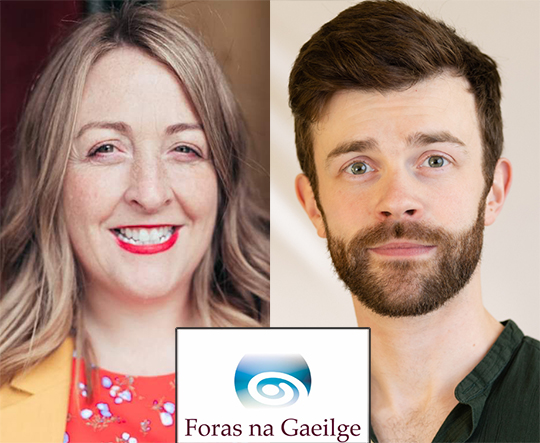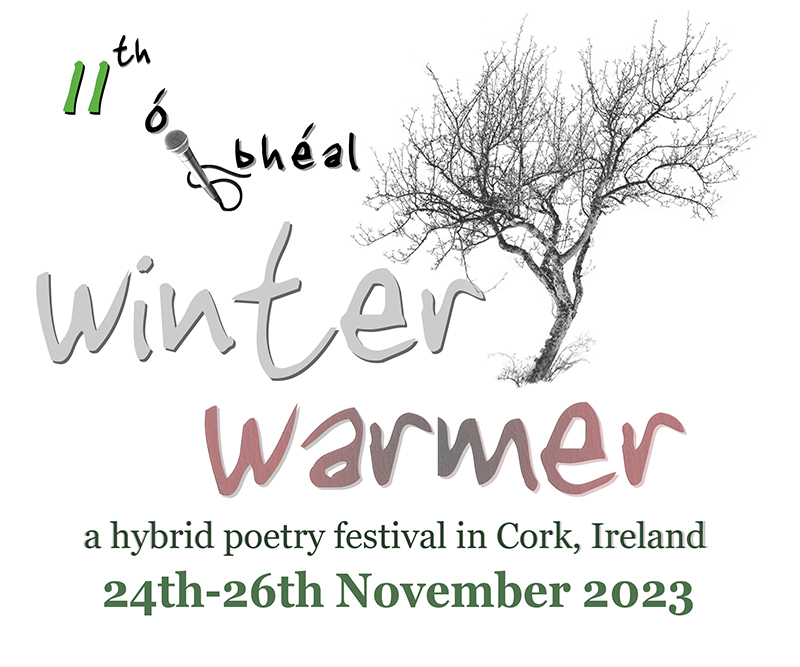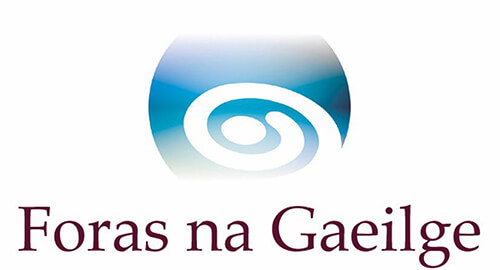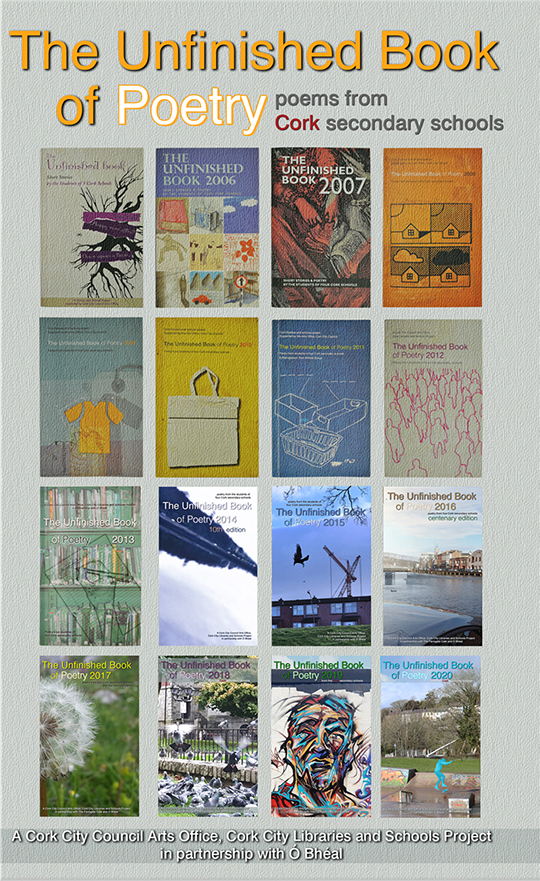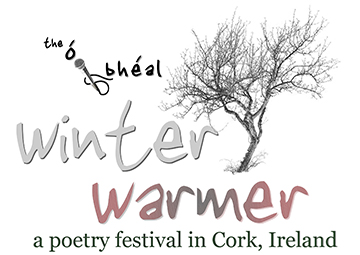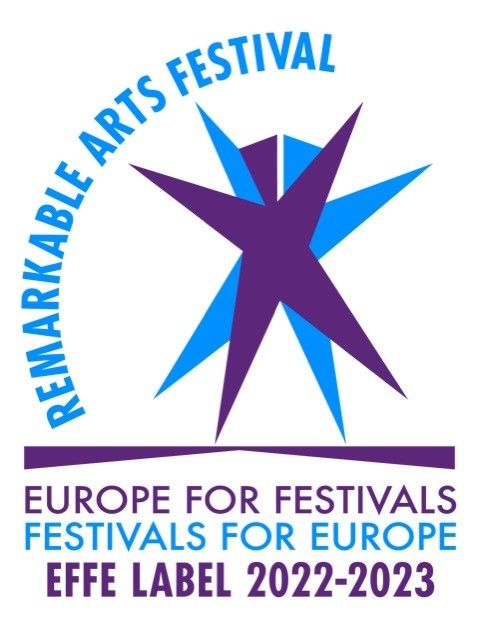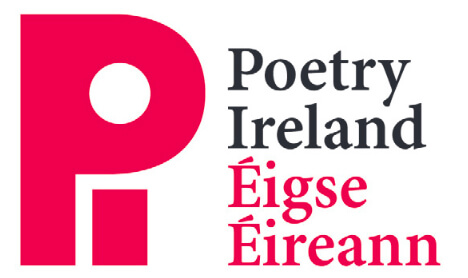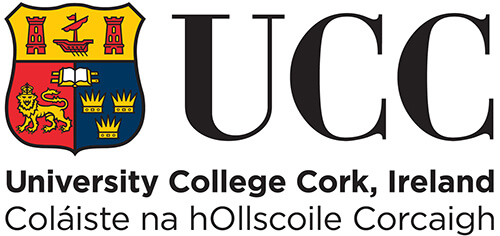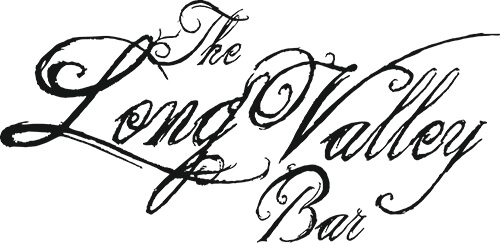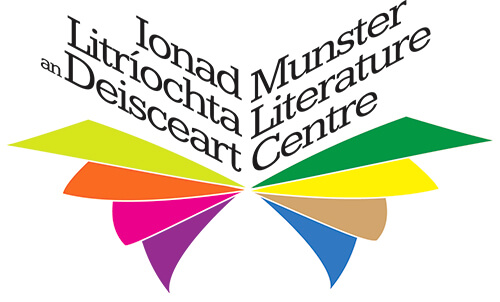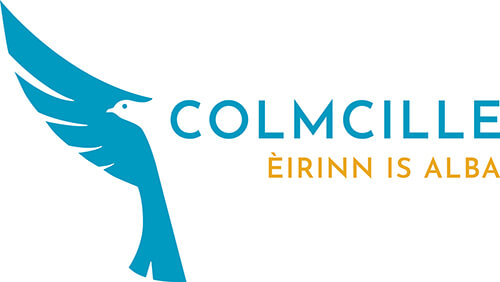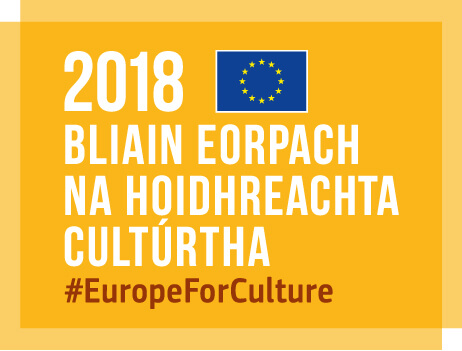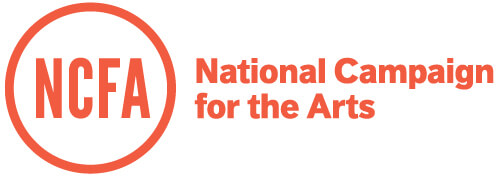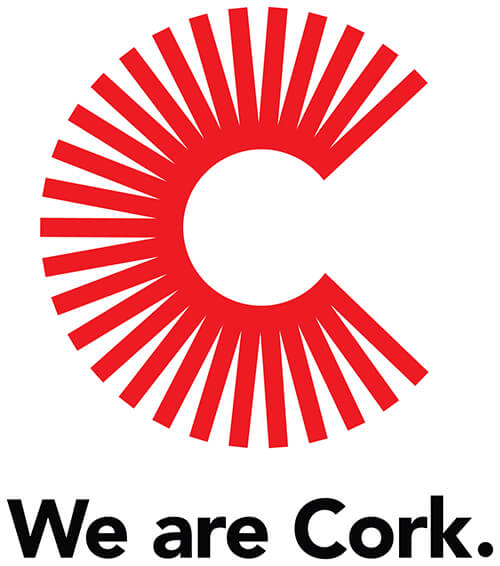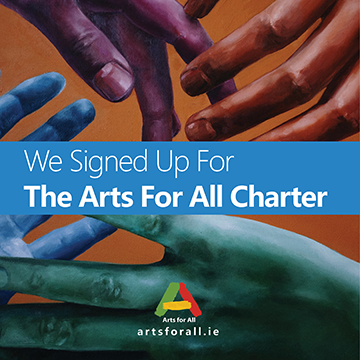Interviewed by Jennifer Matthews
JM: Can you tell me a little bit about your revision process? How many times do you typically revise a piece?
TC: Once upon a time I used to rewrite pieces 60 or 70 times by hand. But, to be fair, some of this revising followed the Wildean pursuit of adding a comma in the morning and removing it in the afternoon. Some writers see revising as a chore, but I think rewriting and editing is the precious process that actually teaches us how to write. (I don’t need to do so many rewrites these days.)
JM: Do you ever enlist the help/feedback of other poets or performers?
TC: Yes, I certainly do ask other writers for feedback on my work. Objective opinions are crucial. Come to think of it, sometimes the reaction of an audience tells me all I need to know about a new piece – whether it works or not – if it works, it stays with the audience; if it doesn’t, it comes back to me.
JM: Who do you see as your audience?
TC: I see my audience as Anyone.
JM: You mentioned how much you appreciated that one of your poems appeared in a Geography textbook, because it reached an audience beyond the typical poetry crowd. How important is accessibility to your work?
TC: That Bungalow Nation found its way into a national newspaper, a heritage magazine and a geography textbook, means the piece belongs in the world at large rather than in the confines of a literary publication. (I’m sure some would argue that such a piece has no business in a literary publication in any case.) Anyway, this reminds me of something a friend once explained to me about fine art. He said he would never visit a gallery, because he didn’t understand the idea of housing works of art in particular buildings set apart from our every-day lives. He believed that art should live amongst us in our day-to-day activities – we shouldn’t have to seek it out in the rarefied halls of an art gallery. Whatever about fine art, I like the idea of poems living amongst us, rather than being cocooned in the relative seclusion of literary publications.
JM: Do you often write poems that have a persona or character speaking?
TC: Yes, ‘voices’ are present in a great deal of my work.
JM: How is a character-based poem different to one that is strictly from the author’s voice?
TC: A character-based poem will often cut out the need for narrative, explanation or contextualizing. The character’s words bring you immediately to the core of what I wish to convey. It’s probably because I’m an actor and a singer that I utilise voices so much.
JM: As a performer, do you ‘write’ with or without paper? (Do you ever create poems through spontaneous performance or in your imagination prior to writing them down?)
TC: Yes, it isn’t unusual for me to be already working on a piece before I write it down or record it. But I’m at risk of forgetting it if I don’t commit it to the page or record it on time. Once I have it written or recorded I can then develop it further.
JM: You expressed the idea that humans are a failed project.
TC: If our purpose here is to inhabit our humanity to the full, then yes, it certainly looks like we are a failed project or a failed species – if not completely failed, then certainly failing fast.
JM: Do you think poetry can help us succeed?
TC: It will take a great deal more than poetry to turn us from our current path of ignorance, avarice, violence and destruction. I think the Tipping Point and Critical Mass theories come into play here. (That is to say, when a certain percentage of the human population reaches a heightened state of awareness, then that consciousness will permeate the collective consciousness of all humanity.)
If survival of our species was solely dependent on intelligence, then we wouldn’t have created the chaos in which we now find ourselves. But, in my understanding, survival of the species is not dependent on intelligence, but on enlightened or heightened awareness.
Poetry can help in consciousness-raising – but, obviously, its ability to do so depends on the consciousness of the poet. It is not as if every poet is a truth-seeker, a visionary or a seer. My understanding of human beings is that we are either controlled by the ego or guided by the spirit. Poets are no different from anyone else in that regard. Having said which, I realise that such a view means shag all to those (including poets) who don’t believe there is such a thing as the spirit or higher consciousness, for that matter.
